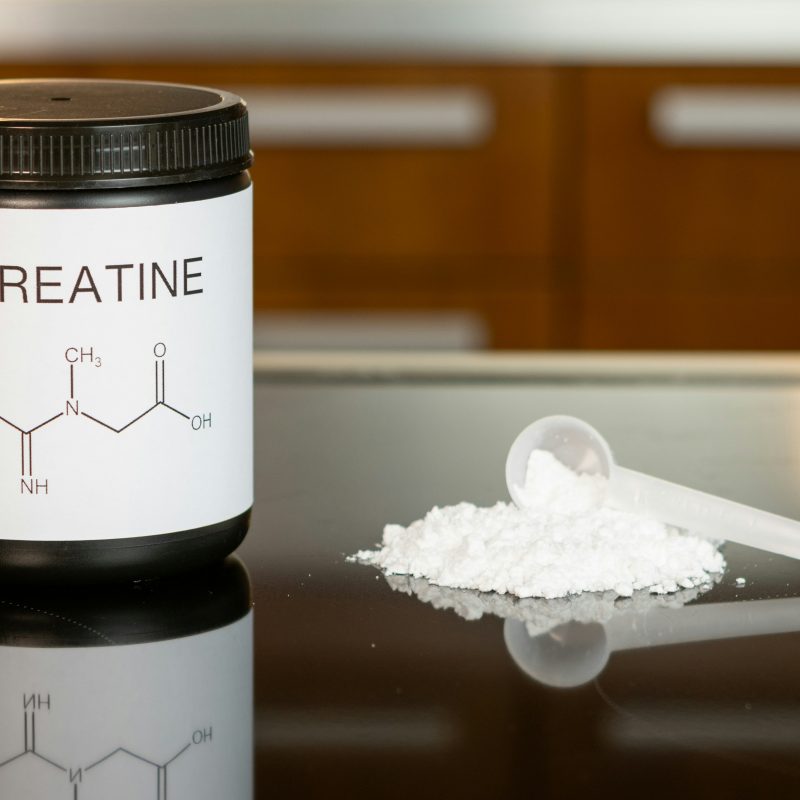Creatine and creatinine, similar-sounding terms that frequently appear in discussions about sports nutrition, muscle function, and medical diagnostics, actually represent two distinct compounds that play vastly different roles…
READ MORE

Creatine and creatinine, similar-sounding terms that frequently appear in discussions about sports nutrition, muscle function, and medical diagnostics, actually represent two distinct compounds that play vastly different roles…
READ MORE
Fitness-related applications for pharmaceutical-grade products seem to pop up with increasing frequency. Methylene Blue has caused quite a stir, touted as the “next best thing”…
READ MORE
In recent years, nitrates have enjoyed a meteoric rise in popularity, promising game-changing performance enhancement for athletes and fitness enthusiasts looking to gain a competitive…
READ MORE
Magnesium, considered a trace mineral in relation to one’s daily diet, fosters a multitude of important functions within the body. It supports the cardiovascular system,…
READ MORE
Hydrogen, the smallest yet most potent molecule in the biochemical world, now seems to hold the promise of revolutionizing both health and fitness arenas. In…
READ MOREOpen any fashion magazine these days, and you are sure to be visually bombarded by advertisements. Whether it is age-rewinding make-up or figure-flattering jeans, it…
READ MORE
While maintaining a stress-free lifestyle, healthy eating, and staying active are the best prescription for optimal health, our personal training clients aren’t always able to…
READ MORE
Dietary supplements are ingestible products such as vitamins, minerals, herbs, enzymes, plant-based ingredients, and amino acids, that are intended to provide some additional nutritional benefit…
READ MORE
Caffeine can be good or bad depending on the person, the situation and the goal. Update your knowledge about this drug of choice and how…
READ MORE
Have the “Protein Police” been dethroned by the Ace of Amino Acids, BCAA’s? The functioning and cultivating of skeletal muscle lies at the core of…
READ MORE
The essence of peppermint, whether infused in oils or brewed in tea, has tremendous health benefits. It ranks as a premier choice for individuals seeking…
READ MORE
Clients often seek out their personal trainers’ opinions on the best protein powder to consume following tough workouts. This seems like such a harmless and…
READ MORE